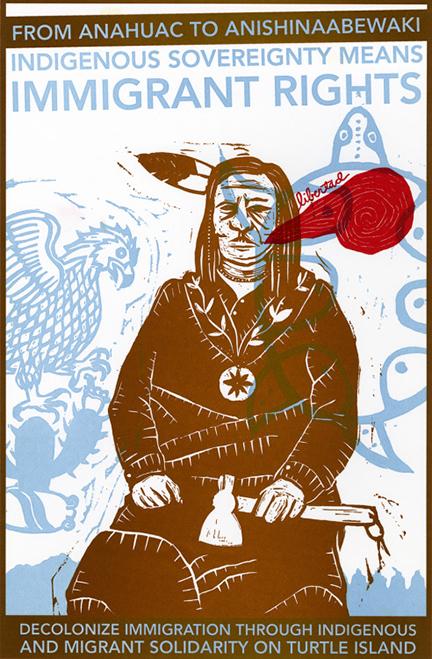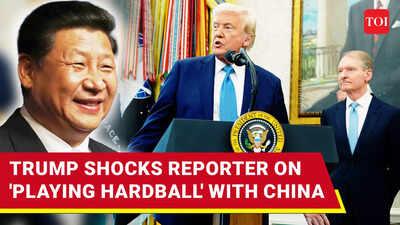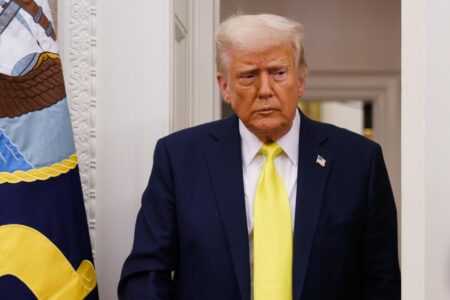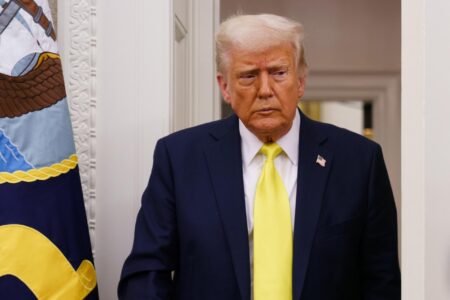In a striking progress following recent remarks made by former U.S. President Donald Trump, Indigenous leaders in Canada have raised their voices in concern over the implications of his threats to potentially annex Canada as the 51st state. This provocative stance not only challenges diplomatic norms but strikes at the heart of Indigenous sovereignty—a pivotal issue that has long fueled discussions around governance, rights, and self-determination in Canada. As the political landscape shifts and tensions rise, Indigenous communities are mobilizing to protect their inherent rights and express their opposition to any idea that undermines the foundational principles of sovereignty and self-governance. This article delves into the responses from Indigenous leaders, exploring the historical context and contemporary meaning of thes threats amidst a complex geopolitical backdrop.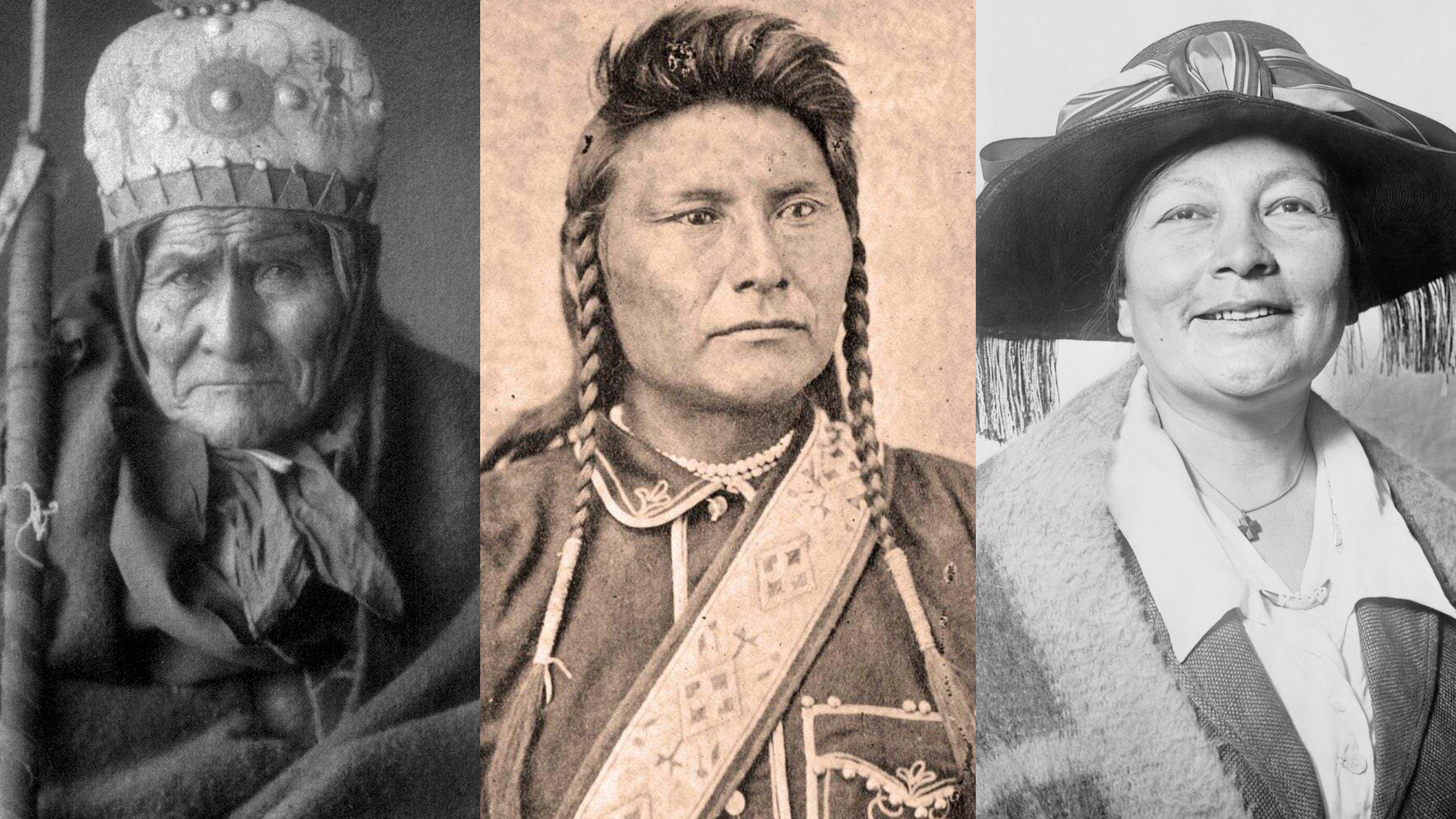
Indigenous Leaders Respond to Sovereignty Concerns Amid Trumps Canada Statehood Threats
Indigenous leaders across Canada are vocalizing their strong opposition to recent comments made by former President Trump regarding the potential inclusion of Canada as the 51st state of the United States. They argue that such statements undermine the inherent sovereignty of Indigenous nations, which predates European colonialism and continues to be a critical concept in negotiations and discussions with government powers. In a recent gathering, tribal elders and community representatives emphasized that sovereignty is not simply a legal term, but a profound connection to heritage, culture, and identity that cannot be negated by political rhetoric.
In their responses, Indigenous leaders highlighted several key points regarding the implications of such threats:
- Historical Context: The longstanding treaties and agreements formed between Indigenous nations and the Crown must be respected as sovereign obligations, which are not influenced by external political regimes.
- impacts on Autonomy: Any talks of statehood strike at the very fabric of self-governance and could further marginalize Indigenous voices in policy-making.
- Unity Among Nations: There is a growing resolve among Indigenous communities to unite against external threats to their sovereignty, fostering alliances that strengthen their positions.
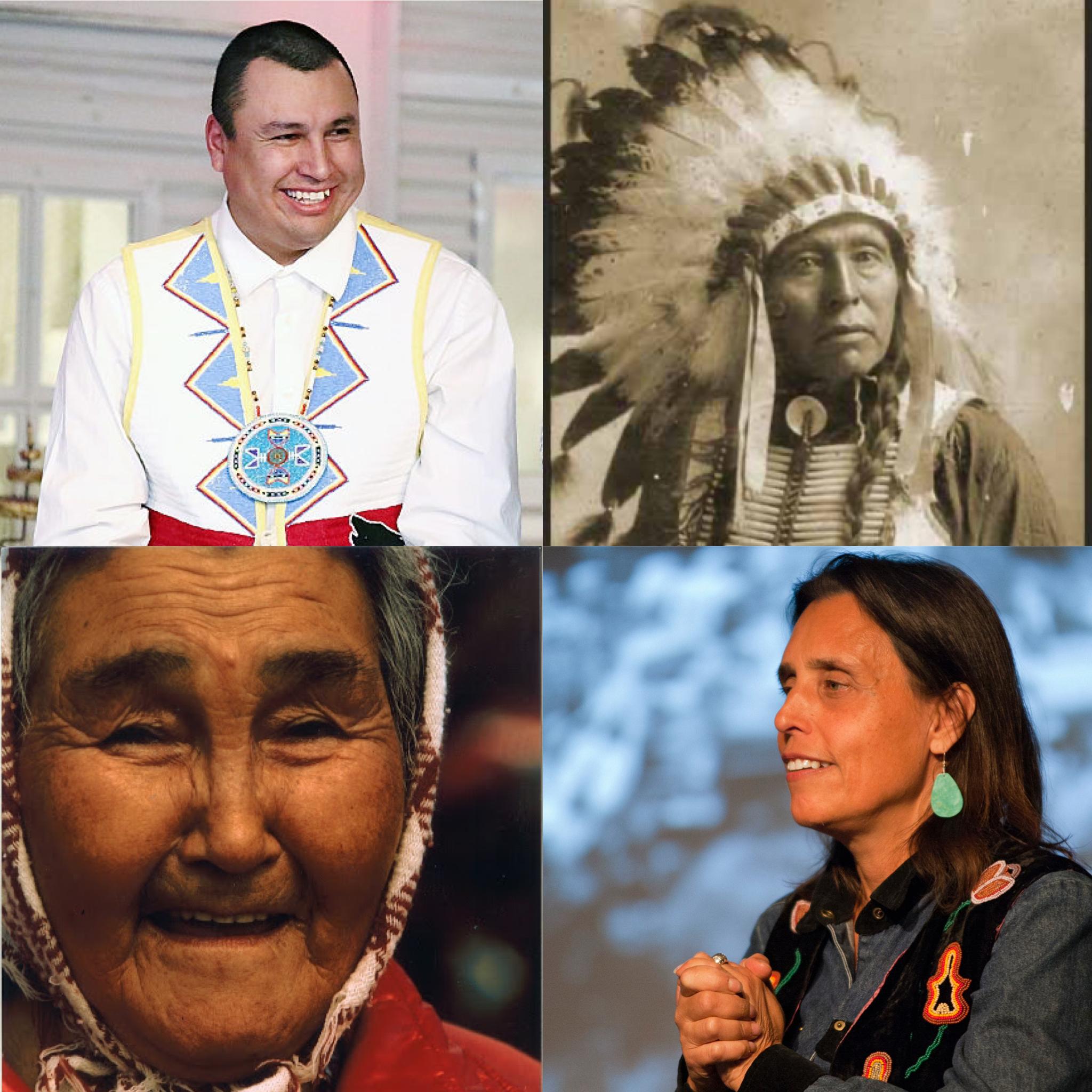
Implications for Indigenous Rights and Governance in the Context of Potential Statehood
In light of recent political discourse, the prospect of Canada being treated as a potential 51st state raises significant questions regarding Indigenous rights and governance. For many Indigenous leaders, such discussions threaten the inherent sovereignty that tribes have long asserted. Moreover, any shift towards statehood could dilute the recognition of treaties and agreements that have been cornerstones of Indigenous governance systems. The ramifications could extend beyond political rhetoric, impacting access to resources, cultural preservation, and autonomy in dealing with local and federal matters. Indigenous communities have expressed concern that their voices and traditions might potentially be further marginalized in a redefined governance landscape.
The implications for governance are profound. Indigenous leaders advocate for a framework that prioritizes decolonization and self-determination in negotiations about sovereignty and political representation. A collective response from Indigenous communities may focus on:
- Strengthening Legal Frameworks: Ensuring that treaties and indigenous rights are upheld in any new political structure.
- Promoting Cultural Identity: Safeguarding Indigenous customs and languages from assimilation into a homogenized canadian framework.
- Enhancing Political Representation: Arguing for guaranteed seats and voices in any future governing bodies that may emerge from these discussions.
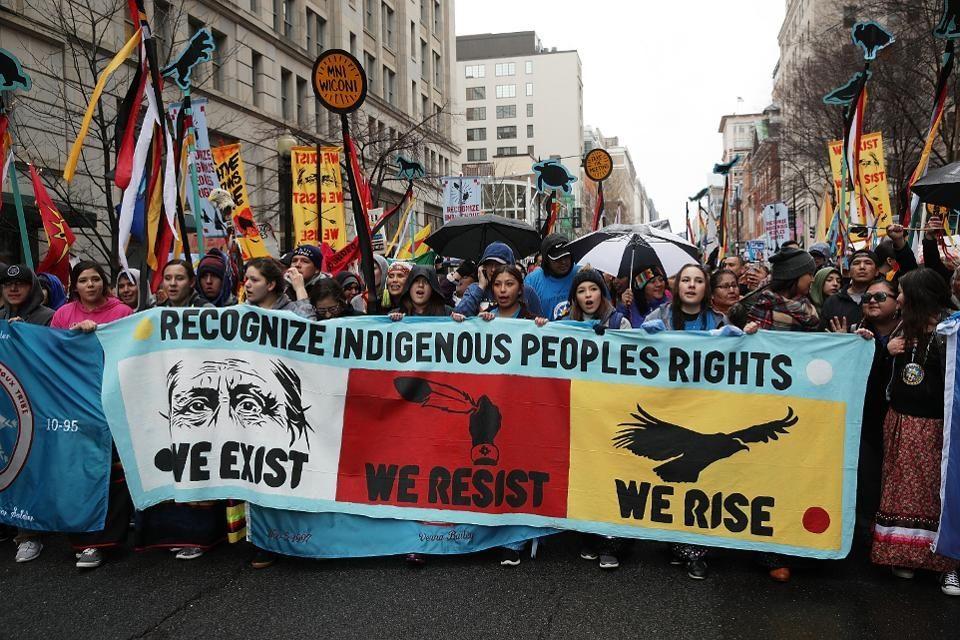
Recommendations for Strengthening Indigenous Sovereignty in the Face of External Pressures
In light of the increasing external pressures challenging Indigenous sovereignty, it is essential to prioritize a multi-faceted approach that supports self-determination and cultural preservation. Indigenous communities should seek to strengthen their governance structures by promoting clan and tribal autonomy through enhanced legal recognition and resources.Engaging in strategic partnerships with non-Indigenous allies can amplify voices, foster understanding, and provide additional leverage against external threats. Collaborations that focus on educational initiatives, economic development, and cultural exchange can create a more resilient foundation for future generations.
Advocacy on the national and international stages is crucial for raising awareness about the challenges faced by Indigenous nations. Indigenous leaders should actively participate in diplomatic dialogues, utilizing platforms such as the United Nations Permanent Forum on Indigenous Issues to highlight their concerns and aspirations. Additionally, fostering youth involvement in governance and advocacy efforts ensures a new generation is prepared to navigate and counteract external pressures effectively. to enhance visibility and impact,a series of community-driven campaigns can be launched,focusing on key issues like land rights,resource management,and treaty obligations,thereby reaffirming the inherent sovereignty of Indigenous peoples.
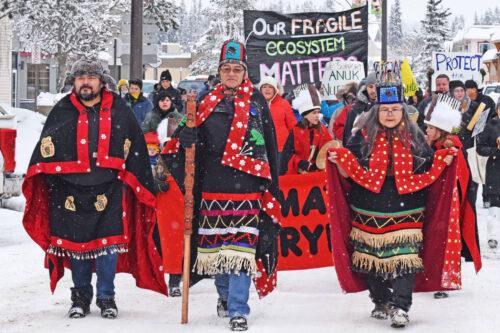
The Role of Canadian Government in Upholding Indigenous Autonomy Against Outside Influences
The Canadian government plays a crucial role in safeguarding the autonomy of Indigenous nations, ensuring their rights and traditions are respected amidst external pressures.Recent statements by certain political figures, especially threats of making Canada a 51st state, underscore the necessity for governmental intervention.Legislative frameworks such as the Constitution Act of 1982, which recognizes Indigenous rights, are essential tools through which the government can ensure that outside influences do not undermine the self-determination of Indigenous peoples. Through consultations and partnerships, the government must advocate for the interests of Indigenous communities, promoting policies that reflect their aspirations.
Moreover, the government’s commitment to fostering meaningful dialog between Indigenous groups and external actors is vital. This involves creating platforms for Indigenous voices to be heard and considered in any discussions impacting their sovereignty. Key initiatives may include:
- Strengthening legal protections for Indigenous rights against encroachments.
- Investing in community-led development that aligns with Indigenous values.
- Establishing educational programs to increase awareness of Indigenous sovereignty among the general public.
To illustrate the significant gaps in perception regarding Indigenous governance, the table below summarizes common misconceptions versus realities surrounding Indigenous sovereignty.
| Misconception | Reality |
|---|---|
| Indigenous nations rely solely on federal government. | Indigenous nations operate as sovereign governments. |
| All Indigenous peoples share the same governance structure. | Each Indigenous community has its own unique governance systems. |
| Indigenous rights are negotiable. | Indigenous rights are inherent and non-transferable. |
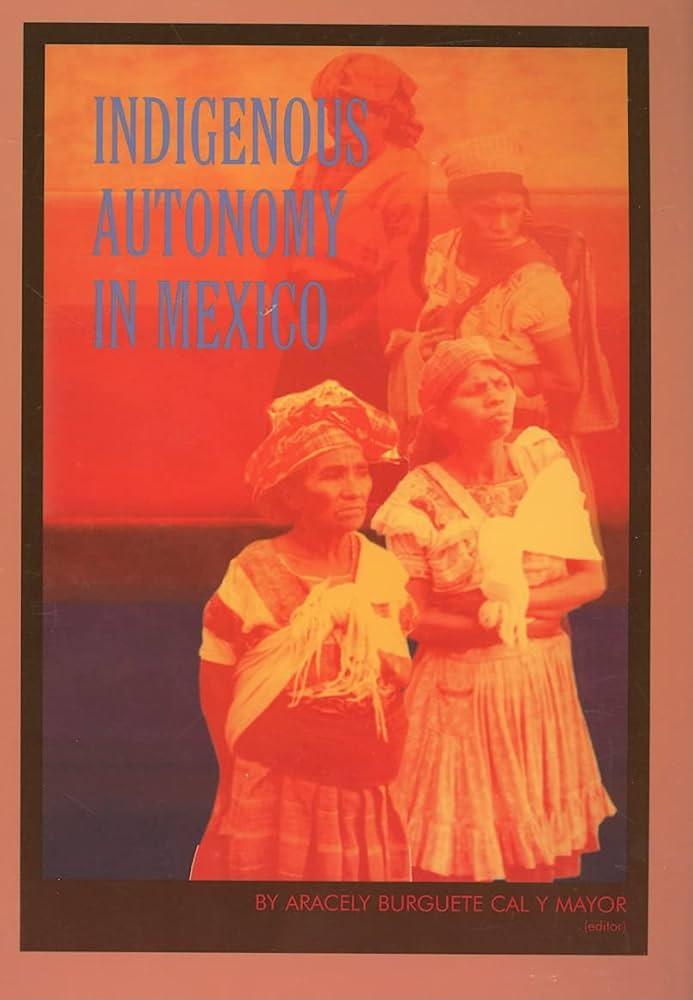
to sum up
Indigenous leaders’ responses to former President Donald Trump’s remarks on the prospect of making Canada a 51st state underscore a profound concern for the future of sovereignty and self-determination among Indigenous peoples. Their statements highlight the ongoing struggles faced by Indigenous nations in asserting their rights and governance in the face of external pressures. As discussions surrounding sovereignty and national identity evolve, it becomes increasingly essential to listen to Indigenous voices that advocate for recognition and respect of their inherent rights. the complexities of cross-border relations and the rights of Indigenous nations must remain at the forefront of the conversation as we navigate the intersections of policy, identity, and power in North America. As the dialogue continues, the lessons learned from Indigenous resilience provide a critical framework for understanding the broader implications of political rhetoric on the sovereignty of nations and peoples.

